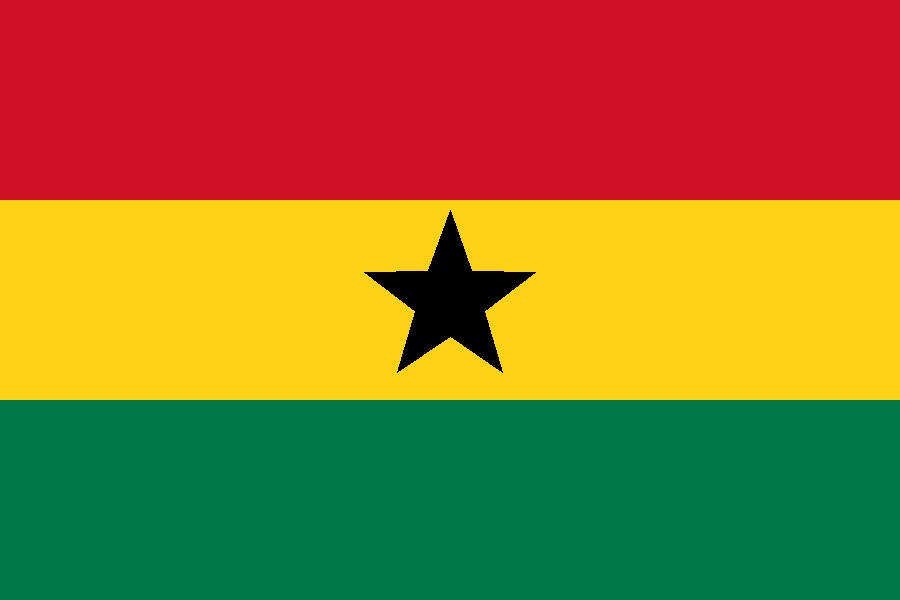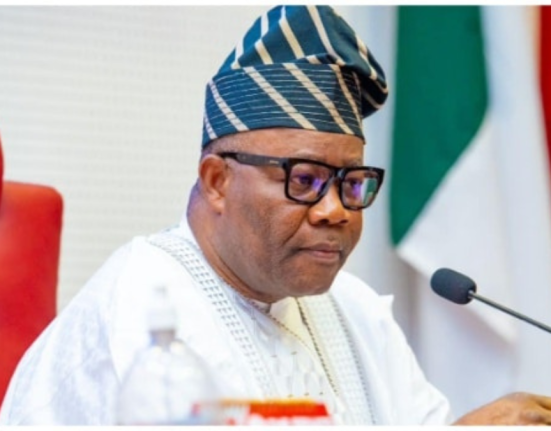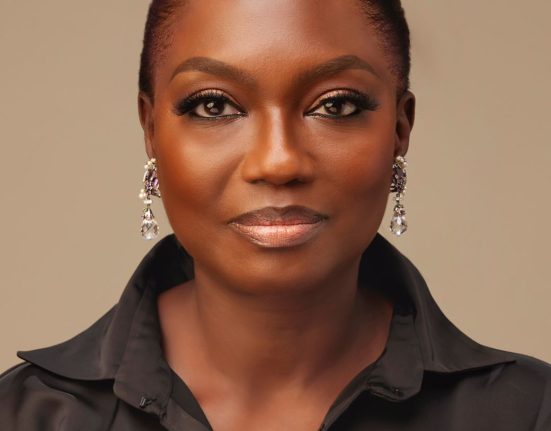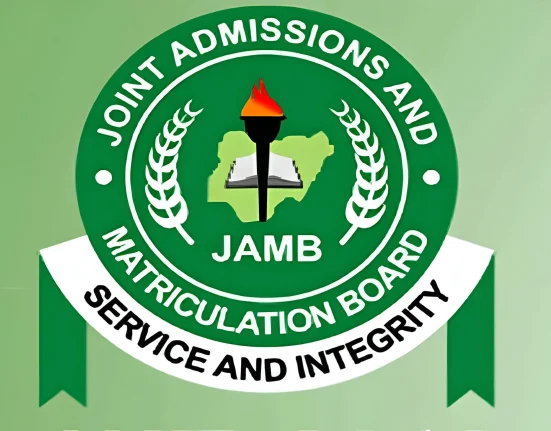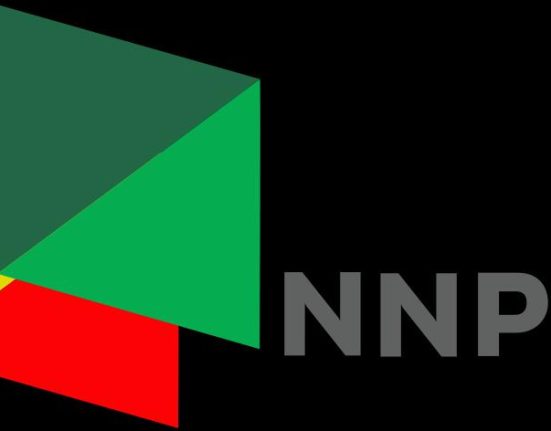In 2025, as many countries struggle to shape the world’s perception of them, Ghana has quietly become a standout example of how narrative clarity, cultural diplomacy, and institutional coherence can reposition a nation. It hasn’t relied on loud campaigns or overproduced slogans. Instead, Ghana has chosen deliberate storytelling—simple, focused, and deeply rooted in its sense of self.
A pivotal moment occurred with the launch of the Year of Return in 2019, a campaign that invited the African diaspora to reconnect with their ancestral roots. What could have been a one-off tourism drive evolved into a lasting shift in global attention. Ghana’s message was clear: we are open, we are stable, and we remember. That narrative of openness, safety, and cultural pride endures in 2025, and its impact has been tangible.
The Year of Return attracted over 1.1 million visitors in 2019 alone, generating an estimated $1.9 billion in tourism revenue, which bolstered the hospitality sector and increased foreign direct investment interest, particularly from African Americans seeking to start businesses or retire in Ghana. In the years since, Ghana has expanded on that momentum with the Beyond the Return initiative, deepening diaspora ties and creating new investment pipelines into real estate, fashion, and agribusiness.
Accra, once overlooked in the hierarchy of African capitals, now regularly hosts tech summits, policy gatherings, and creative residencies. This isn’t accidental. Ghana has created an ecosystem that welcomes the world, from streamlined visa regimes to the construction of cultural infrastructure, such as the Pan African Heritage Museum, and state-backed festivals like the Chale Wote Street Art Festival, which drew over 100,000 attendees, including tourists, artists, and global curators, in 2023 alone. These events have positioned Ghana as the cultural and intellectual capital of the subregion.
Behind the scenes, Ghana’s institutions appear to be working in sync. The Ghana Investment Promotion Centre (GIPC) tells a story of opportunity and ease, with Ghana consistently ranking among the top 5 destinations for FDI in West Africa over the last three years. The Ghana Tourism Authority emphasises culture, heritage, and safety in its messaging, which resonates globally and drives economic returns. Tourism’s contribution to Ghana’s GDP is projected to rise from 4.9% in 2019 to over 6.5% by 2025.
The Ministry of Foreign Affairs, for its part, speaks with a measured and consistent tone, projecting Ghana as a stable democracy and a responsible regional actor. Together, these institutions form a unified narrative architecture—one that centres Ghana as a trustworthy and evolving partner on the global stage.
Even during turbulence, Ghana’s messaging remains steady. During the country’s recent IMF programme, the government communicated with restraint and coherence, framing the decision not as a failure, but as reform. This tone helped maintain confidence among global lenders and international partners. Ghana successfully secured a $3 billion IMF loan in 2023, but more importantly, retained its reputation for stability. The clarity of the narrative helped preserve investor sentiment, even amid austerity.
At the citizen level, this narrative is echoed by creatives, thought leaders, and diaspora voices who carry Ghana’s image further. Artists like Amaarae, writers like Ayesha Harruna Attah, and filmmakers like Blitz Bazawule project a version of Ghana that is deeply local yet globally resonant. The global release of Blitz’s The Burial of Kojo and his subsequent directorial work on The Colour Purple have firmly placed Ghanaian storytelling on the global cinematic map. These creators extend the national story, helping Ghana punch above its weight in soft power.
Importantly, Ghana’s global visibility has not required grandstanding. When it speaks on regional or global matters—be it democracy in West Africa or environmental policy, it does so with clarity, consistency, and without provocation. Ghana has become a respected voice in ECOWAS and AU deliberations, not by dominating the discourse, but by being reliable in tone and values. Its recent role as a stabilising voice in regional security conversations has not gone unnoticed.
This quiet power also manifests in Ghana’s digital diplomacy. Its embassies, consulates, and official platforms are modern, responsive, and human. In an era where perception is shaped online before it is experienced offline, Ghana’s digital footprint has become a force multiplier, reinforcing the national tone of welcome, reliability, and maturity.
The real genius lies in the fact that Ghana’s narrative is not built on perfection. The country continues to struggle with youth unemployment and infrastructure gaps. But it does not hide these challenges—it explains them. It confronts them with pragmatism. This earns the country trust, not just admiration.
In many ways, Ghana has achieved what many countries struggle with: narrative sovereignty. It writes its own story, rather than being written about. It knows what it wants to be known for, and consistently reinforces those pillars: stability, culture, reform, and welcome.
There is a lesson here for governments, communicators, and institution-builders across the continent: storytelling is not the decoration of statehood. It is part of the structure. And when done right, it shapes everything—from tourism to investment, trust to pride.
Ghana has found this rhythm. And in 2025, it is not just being seen, it is being understood.
Adedeji Adewumi is a strategist and advisor working at the crossroads of government, storytelling, and policy reform. He helps institutions and leaders craft narratives that build trust, shape perception, and drive national direction across Africa.


